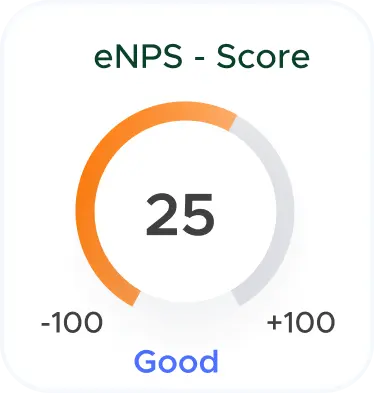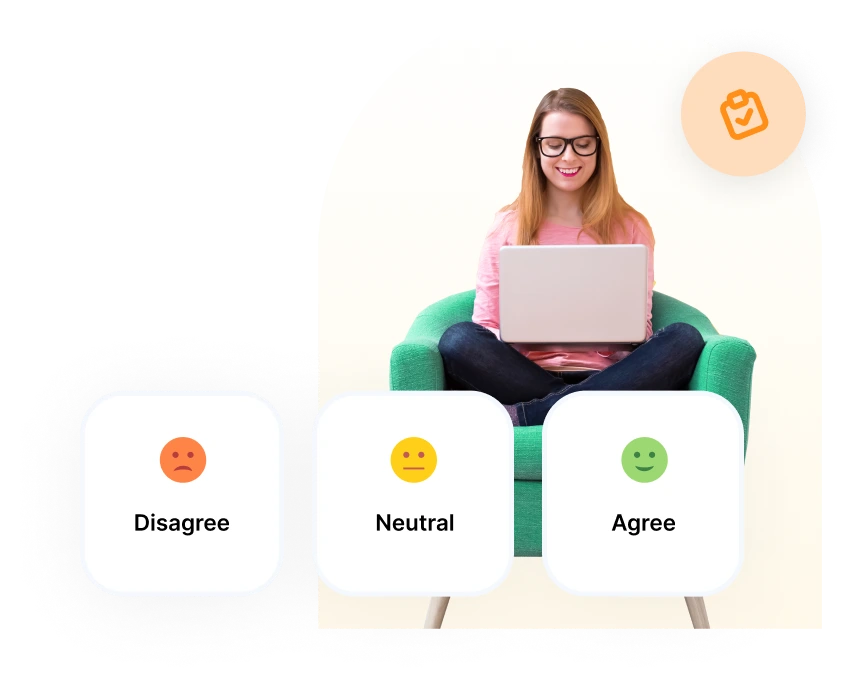Corporate Swag
Corporate swag, often referred to as "company swag" or "branded merchandise," encompasses a range of promotional products and branded items distributed by businesses to employees, clients, and stakeholders as a means of promoting their brand, fostering goodwill, and enhancing brand recognition.
What is corporate swag?
Corporate swag refers to promotional merchandise and branded items distributed by businesses to employees, clients, and stakeholders as a means of promoting their brand, increasing brand visibility, and fostering a sense of affiliation with the company. These items typically feature the company's logo, slogan, or other branding elements and can range from everyday essentials like pens and notebooks to higher-end products such as apparel, drinkware, and tech gadgets.

.svg)













.svg)



.svg)
.svg)